Teach you how to screen for early cancer! Make you healthy "cancer-free"
15-21 April
It is the 30th National Cancer Prevention Publicity Week.
The risk factors for the development of different cancer species are different, and the high-risk groups are different for different malignant tumors.
However, high-risk risk does not mean cancer, and high-risk people do not mean cancer patients. It is very important to understand the knowledge of cancer prevention, improve bad habits, and insist on regular physical examination of cancer prevention, so as to achieve "early detection, early diagnosis and early treatment" in the process of cancer prevention.
Today we invited two experts.
Help us popularize science.
How to find cancer early
And what are the cutting-edge screening technologies?
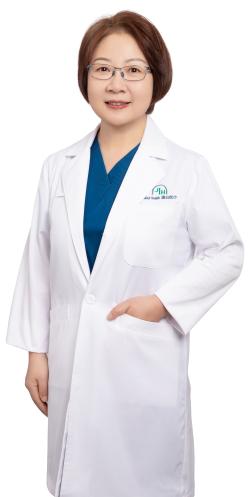
Li Hua
Director of Jiahui International Cancer Center and Director of Oncology Department
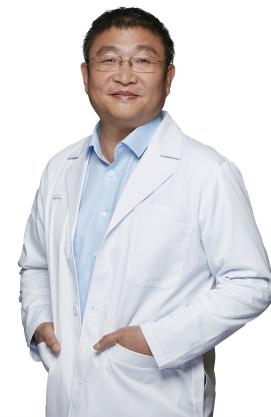
Peng Chen
Director, Medical Imaging Department, Jiahui
What is the probability of "cancer"?
According to the current clinical data, about 15%~20% of cancers are caused by genetic mutations. About 25% of cancers are caused by gene mutation and environmental factors.
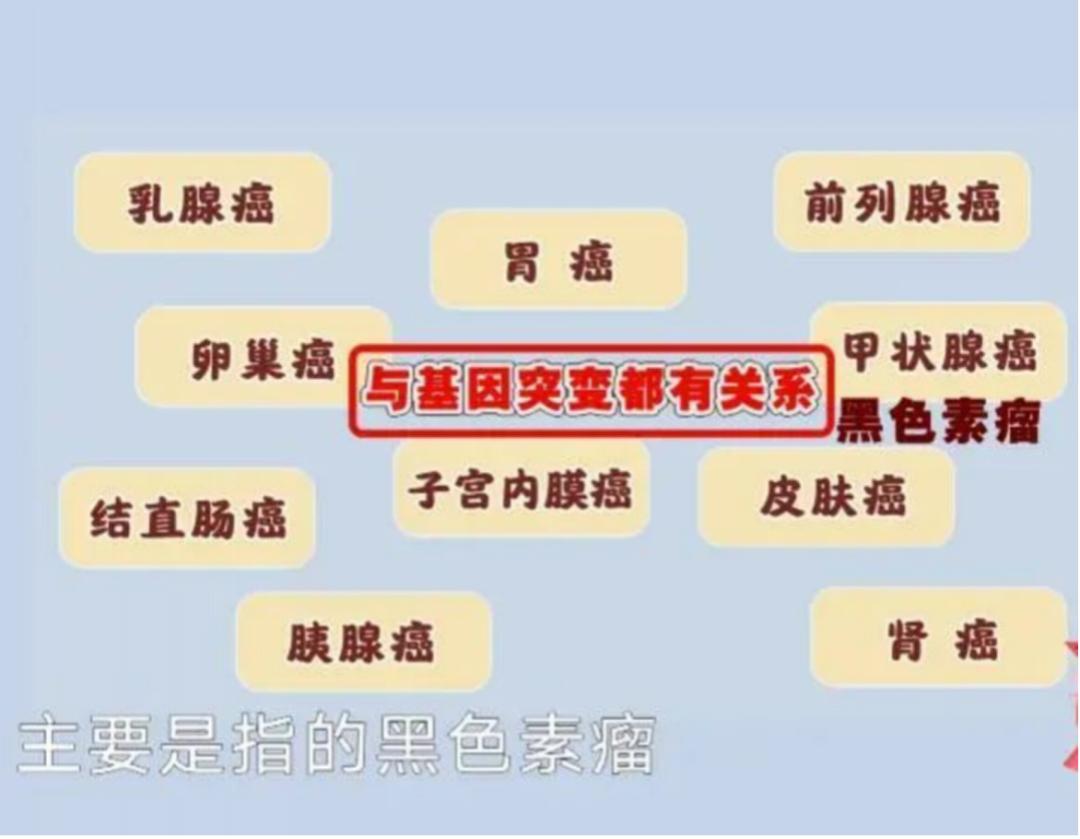
The above ten cancers are all related to gene mutation. For example, colorectal cancer, about 10% of colorectal cancer is a hereditary disease, mainly related to MMRp gene mutation.
However, we are familiar with thyroid cancer, which usually has three types, namely papillary cancer, follicular cancer and medullary cancer. Among them, 20~30% of medullary thyroid cancer is a genetic disease, mainly related to RET gene mutation.
How do you know yourself?
Is there any risk of being inherited?
Then how do we know if our genes are at risk of mutation? This requires a relatively novel but very popular detection technology, that is, genetic testing.
Genetic testing is especially recommended for five groups of people in the following situations.
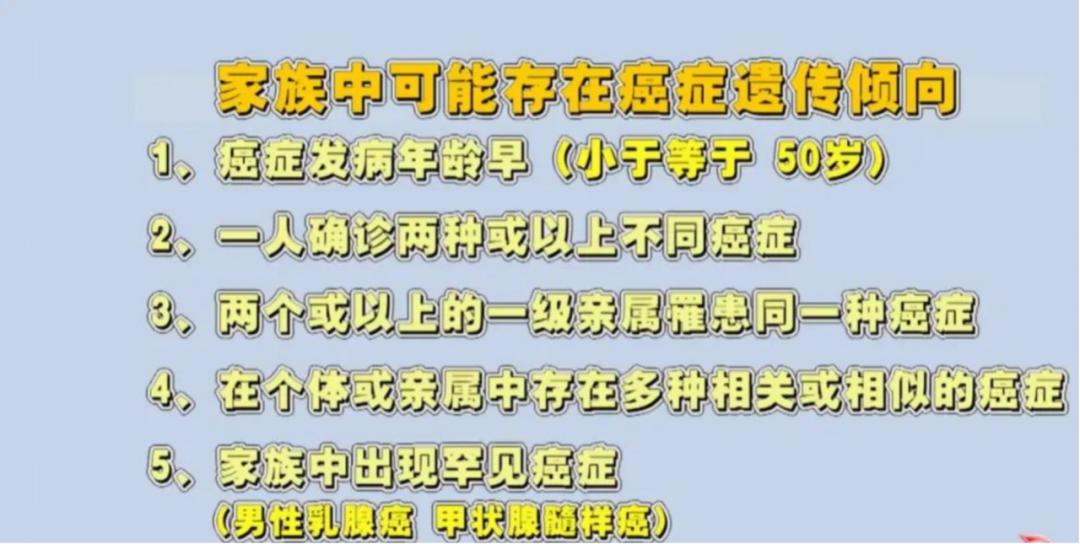
In fact, genetic testing is believed to have many problems, such as
1. How old is it to do genetic testing?
2. Is it enough to do genetic testing once?
3. How to detect it? Do you need to draw blood or extract other tissues?
4. Where should genetic testing be done? How to prevent cancer after getting the results?
Click on the link below to reserve a live broadcast at three o’clock.
Let’s go live to get to know each other.
In addition, you can also click on the following applet.
Learn more about cancer genetic risk assessment
Timely detection and early screening
Turn "serious illness" into "minor illness"
Only when you pay attention to the "clues" of your body can you find the disease as early as possible and turn many "serious diseases" that may occur in the future into minor illnesses.
01
Self-examination of breast tumor
For example, if you feel a lump in your breast or abnormal nipple discharge, you may need to go to breast surgery to carry out corresponding examinations to rule out breast tumors. Therefore, the annual physical examination is very important.
02
Self-examination of gastric tumor
Discovering epigastric discomfort and black stool may indicate upper gastrointestinal bleeding, and it is necessary to carry out gastroscopy to eliminate the possibility of gastric tumor; It is necessary to use colonoscopy to rule out the possibility of intestinal tumor when stool bleeding or abnormal stool characteristics are found.
03
Self-examination of other tumors
If you find abnormal vaginal bleeding, hematuria, a lump in the head and neck, swollen lymph nodes all over the body, long-term low fever, and a sharp drop in weight for unknown reasons in the short term, these may also be signs of tumors, so you should see a doctor in time.
Common cancer screening suggestions
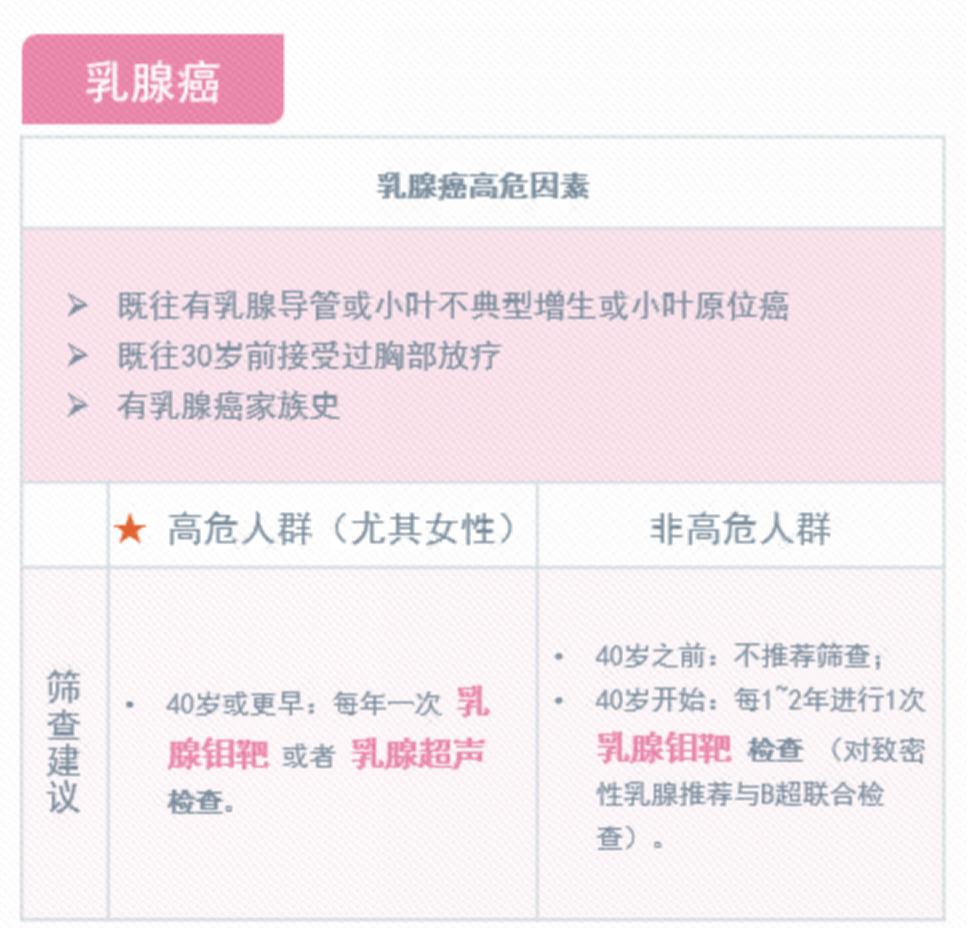

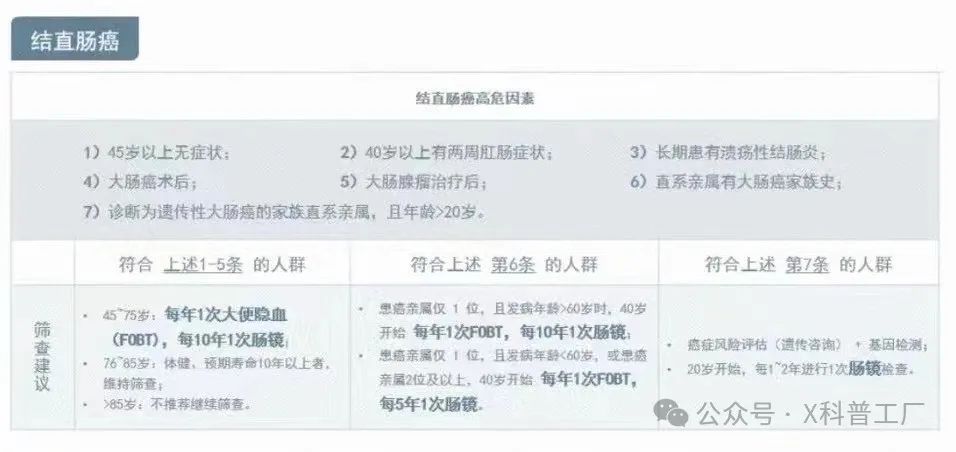
Learn more about screening recommendations
Understand cutting-edge screening technology
Be the first person responsible for your health.
Have you ever heard of the amazing cutting-edge technology like PET-CT, which can screen out tumors all over the body, so that the hidden health risks in the body can be hidden?
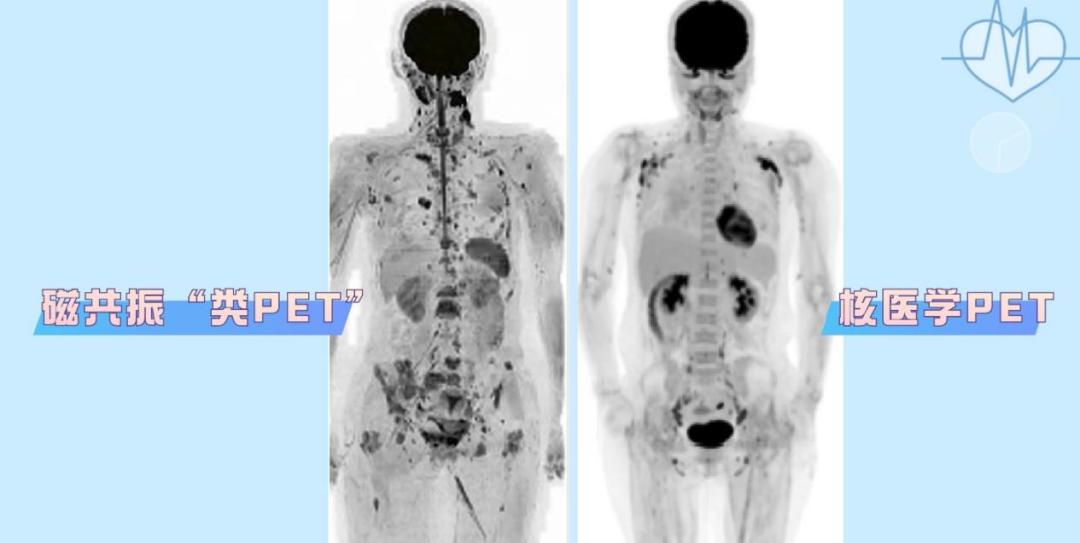
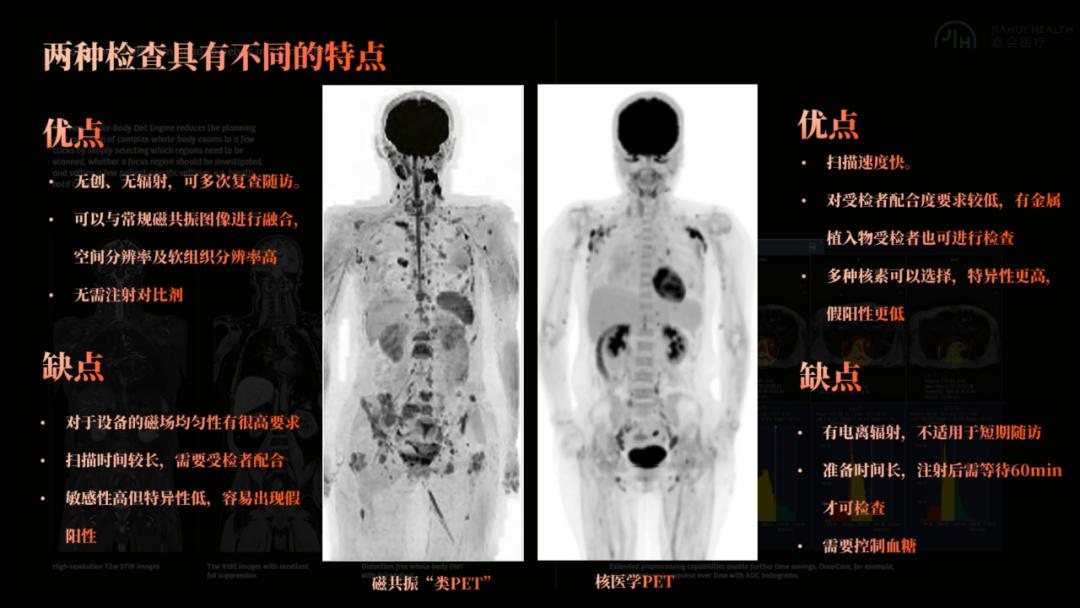
To this end, our anchor Cao Cao deliberately tried it once.
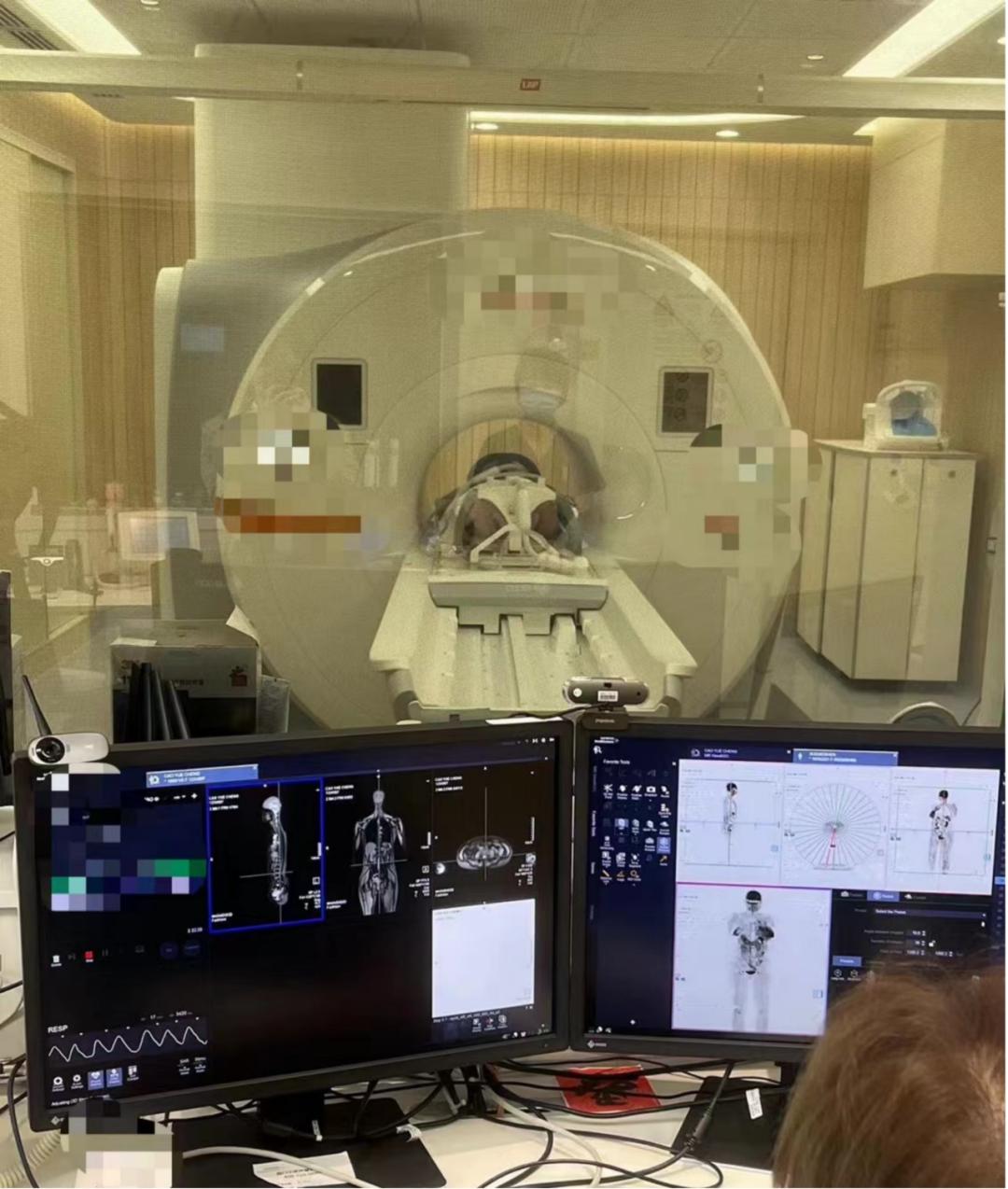
Want to know how she will experience? Who, including this kind, is suitable for this examination?
What are the precautions before inspection?
Will there be radiation in this test? Are there any people who are not suitable for this kind of examination?
E
N
D
Original title: "Teach you how to screen for early cancer! Make you healthy and cancer-free! 》
Read the original text